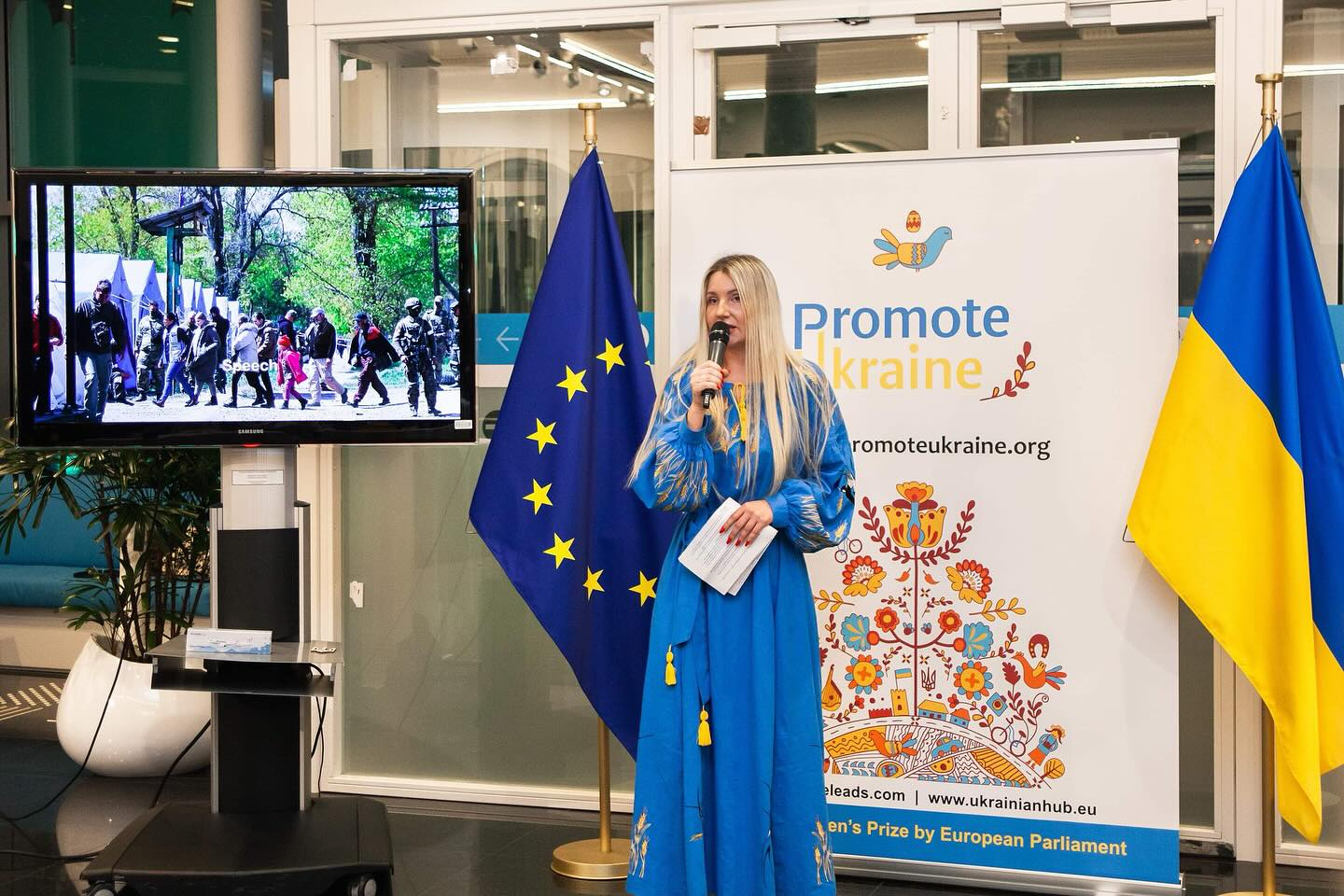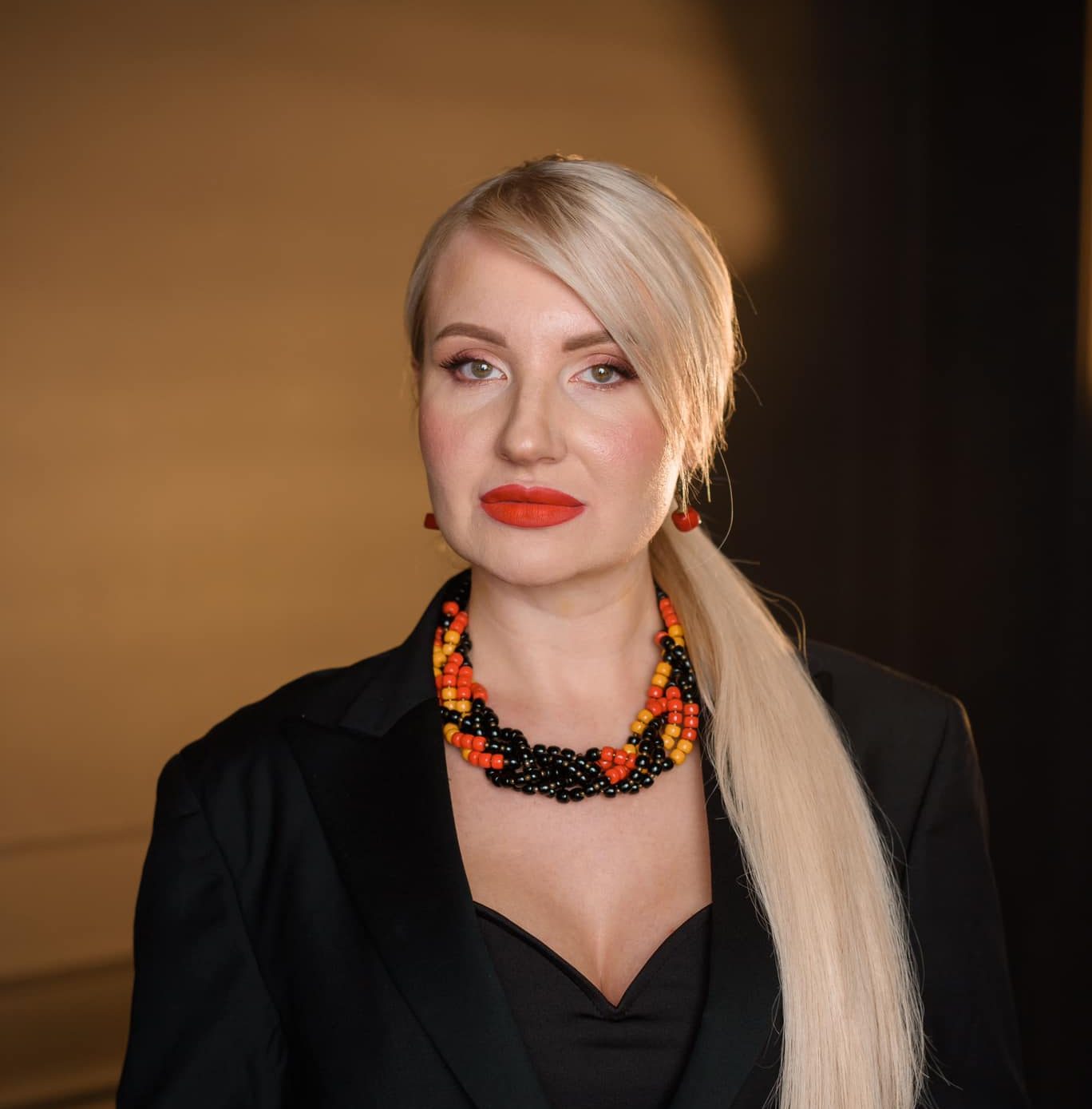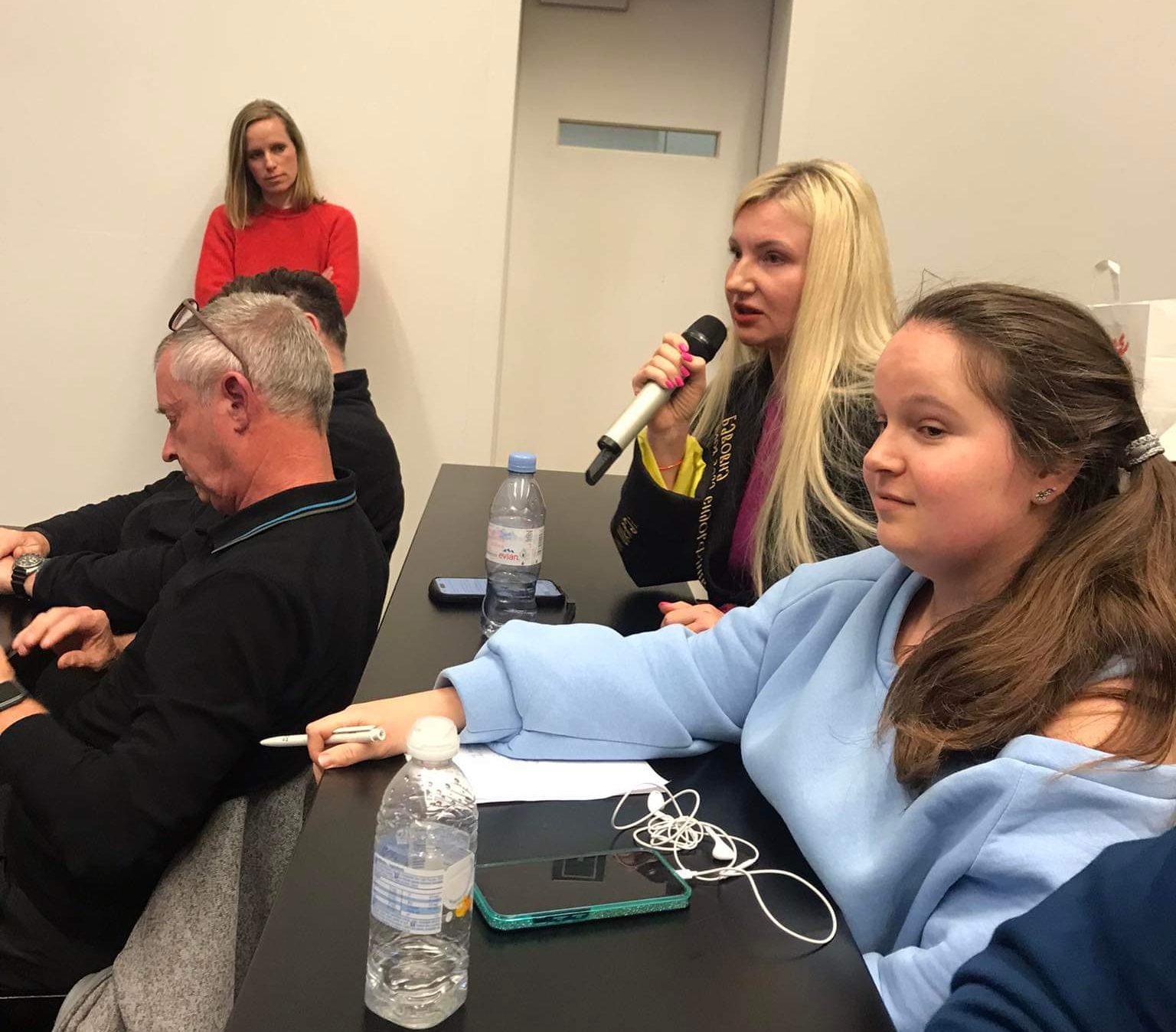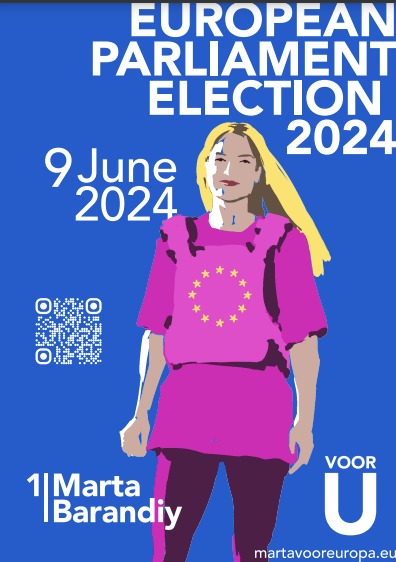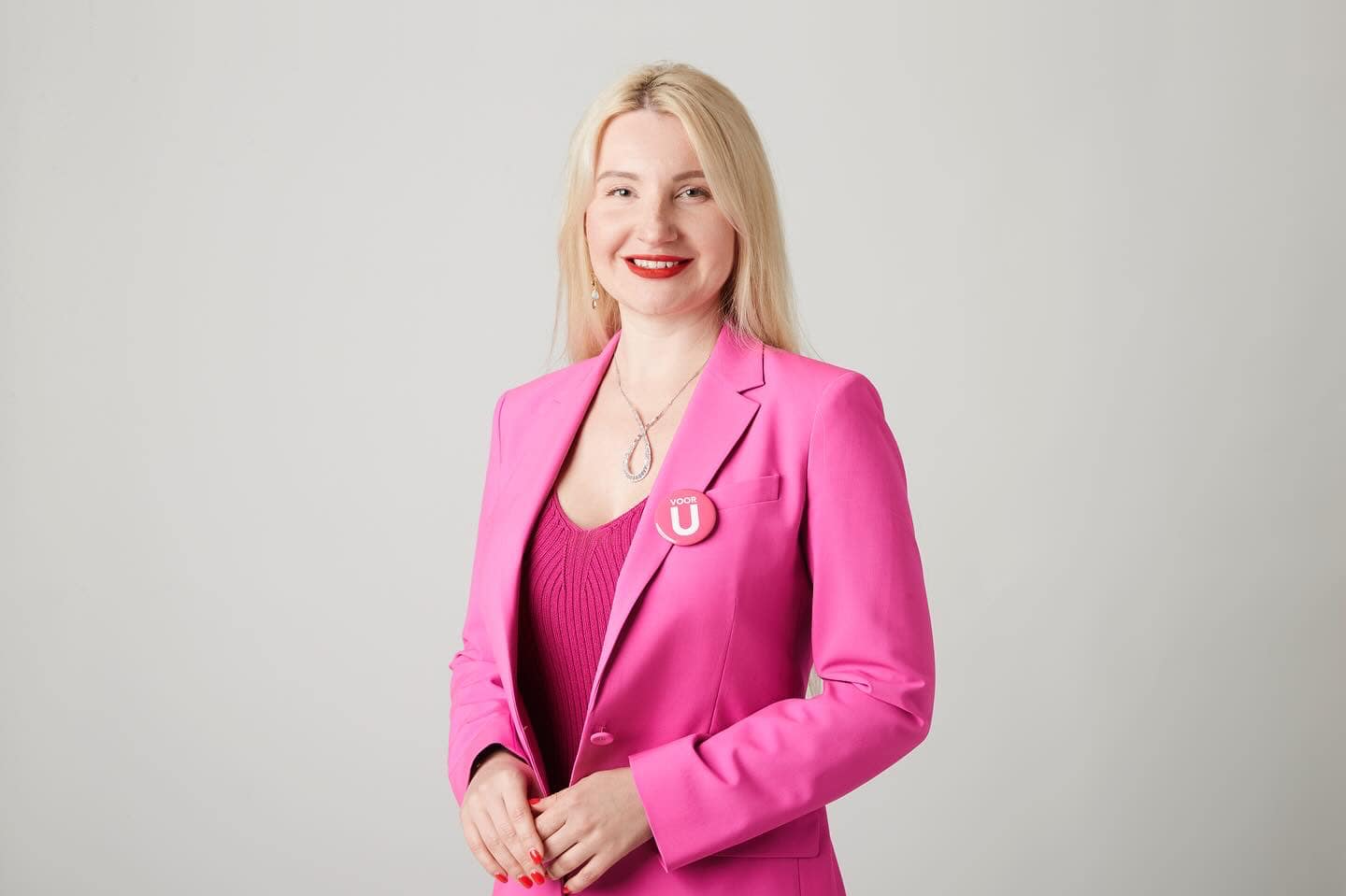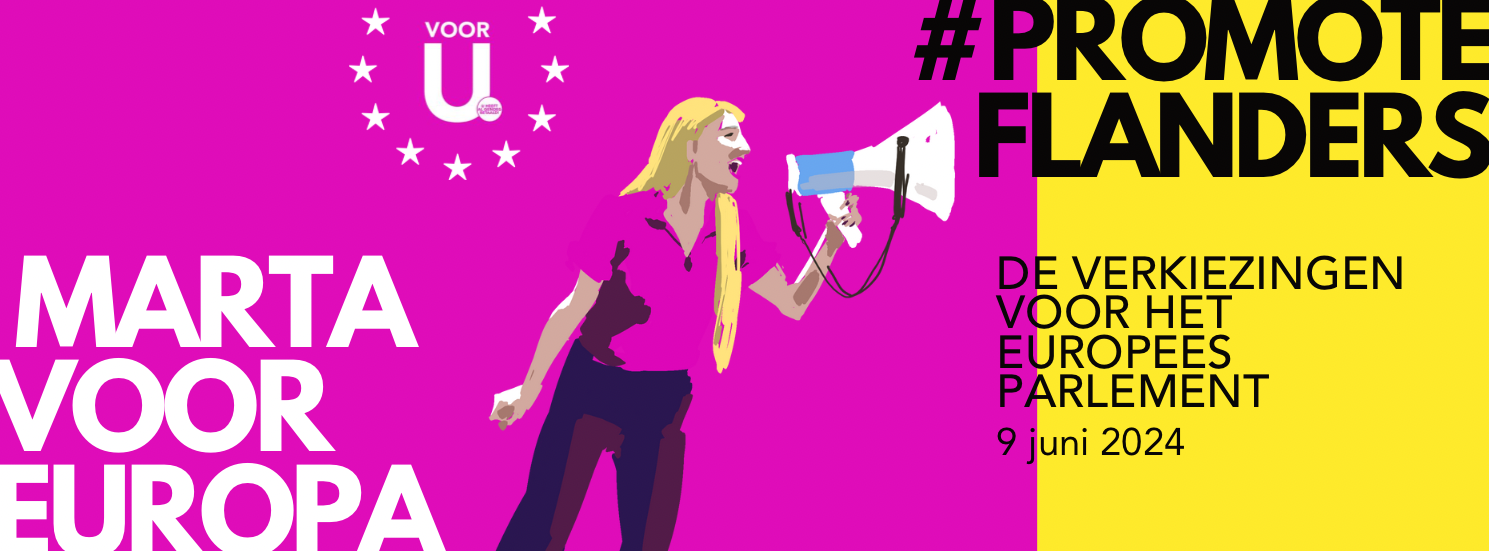As soon as Ukraine started giving up many of its claims against Russia, the West used this “weakness” of a new Ukrainian government to finally invite Putin back on the table. Last weekend the key players of the international relations (“the leading parties in Libya’s war, as well as representatives from their foreign backers and other nations” As AlJazeera put it) discussed Libya, and some of them even tried to discuss Ukraine. The results entailed the agreement between all participants to have an arms embargo and stop interfering in Libya’s war.
But it has to be noted that at least one of the participants sees the request to stand down as a call to the opposite: The Kremlin looks for opportunities to trade one conflict for another. Furthermore, the Kremlin does not comply with its commitments. One week ago, Putin even declared in his Address to the Federal Assembly that international agreements do not matter if it contradicts the national interests of the Russian Federation. Practically, there is not much new about it. By now, the West knows that but prefers to ignore it. In the fact that Putin got bold is the fault of international partners – primarily allies of Ukraine, “allies” of liberal world order. They appease, instead of pressure. They include instead of keeping distance. They show Putin that no matter what he does, they will still need him.
Unfortunately, this naïveté of international leaders – who should be role models not only for their nations but for those nations that struggle for values and democracy – will not bring about peace – not in Libya, not in Ukraine, not elsewhere where Russia wants to have war. And of course, the Russian Wagner Group has nothing to do with any of the conflicts in the world the West wants to stop. Putin says it!






 UA
UA FR
FR DE
DE